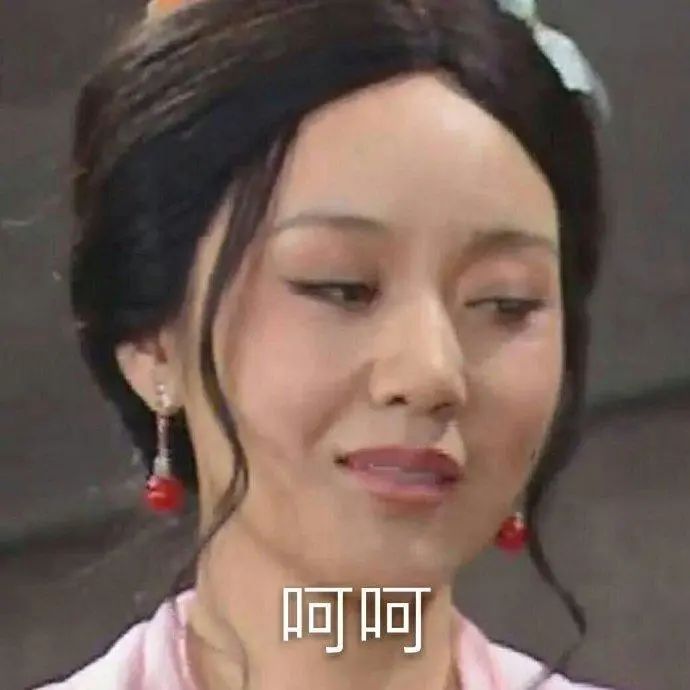- +86-19857418482
- info@chinese-surfing.com
Today we will discuss the differences between “哈哈(hāhā)”, “呵呵(hēhē)” and “嘿嘿(hēihēi)”. You may know something about these words when you talk with Chinese people on WeChat or other social media platforms. Today let's find out their correct usage in conversation.
First, “哈哈(hā hā)”, “呵呵(hē hē)” and “嘿嘿(hēi hēi)” are all words that are used to show laughing, or smiling. They also all refer to the onomatopoeia of laughter.
But they are different in use, connotations, and subtle meaning.
As in the meme above, if someone sends “哈哈(hāhā)” to you in a conversation, it means he or she is very happy about the things you said. And most Chinese people like to use triple “哈(hā)” or more to show their feelings of joy, delight and cheerfulness. Or, they may just be showing that they are happy to you.
So feel free to use “哈哈(hāhā)” as much as you want.

With the rapid development of the Internet, especially the high number and development of chat tools, the words “呵呵(hēhē)” is increasingly used on the internet to reflect one’s own facial expression. In the internet, it often expresses sarcasm and disdain while sometimes being demeaning to others.
It means smile, for example:
Māma,wǒ gěi nǐ mǎi le yī jiàn yīfu.
A:妈妈,我给你买了一件衣服。
Hēhē ,xièxie nǚ’ér le!
B:呵呵,谢谢女儿了!
A: I bought some clothes for you mom.
B: Hehe, thanks!
※ (Few people use 呵呵 to express happiness or normal laughing, people like someone over 40 years or older may)
As a perfunctory smile, to make people feel ridicule, to show amusement (sometimes ill-mannered), or helplessness.
For example:
Wǒ juéde wǒ chuān zhè jiàn yīfú hěn piàoliang。
A : 我觉得我穿这件衣服很漂亮。
Hēhē 。
B:呵呵。×
Hāhā,shì de,fēicháng piàoliàng。
A:哈哈,是的,非常漂亮。√
A: I think I look great in these clothes.
B: Hehe (Think so?) X
B: Haha. Yeah, you look great! √
Wanting to end the chat, or even a smile to indicate that the person saying 呵呵 doesn’t want to have a serious conversation with the other. However it can lead to a one-sided understanding, and misunderstandings may occur.
※ Tips :
Don’t say “呵呵(hēhē)” to Chinese girls who you would like to date or your girlfriend, this is seen as a rude way to kill a conversation or feeling.
Don’t use “呵呵(hēhē)” in a formal conversation; your boss, in-laws, clients, etc. will not appreciate it.

“嘿嘿(hēihēi)” is to describe cute or cunning laughter.
For example:
Wǒ jīntiān wǎnshang bú huíjiā le,yǒu yuēhuì 。
A:我今天晚上不回家了,有约会。
Hēihēi,hé shuí qù yuēhuì ya ?
B:嘿嘿。和谁去约会呀?
Bú gàosù nǐ 。
A:不告诉你。
A: I won’t be coming home tonight, I’ve got a date.
B: Heehee. Who’s your date?
A: Not telling~

In conclusion, if you would like to show you are happy about what someone is saying, you can always safely use “哈哈” to respond, but if you have no patience to talk to them, or you would like to show you couldn’t care less, you can use “呵呵”. Use “嘿嘿” when you would like to show something like this meme: , and of course, feel free to use any of them if you talk to your friend with whom you are super familiar.
If you have an interest in learning Chinese online, or you plan to learn Chinese in China, Chinese Surfing can help you. We are a prestigious Chinese language learning center nestled in the enchanting city of Hangzhou, China. With a dedication to excellence and a passion for language education, we provide unparalleled opportunities for individuals to master Mandarin and immerse themselves in Chinese culture.
We have comprehensive array of courses meticulously designed to cater to your Chinese learning needs:
Also, we provide specialized preparation courses for the HSK/HSKK exams, covering:
Join us at Chinese Surfing and embark on an enriching journey of language and culture in the vibrant city of Hangzhou, China. Contact us now!
Related Chinese Language Learning from Chinese Surfing
Latest Blogs about Chinese Surfing